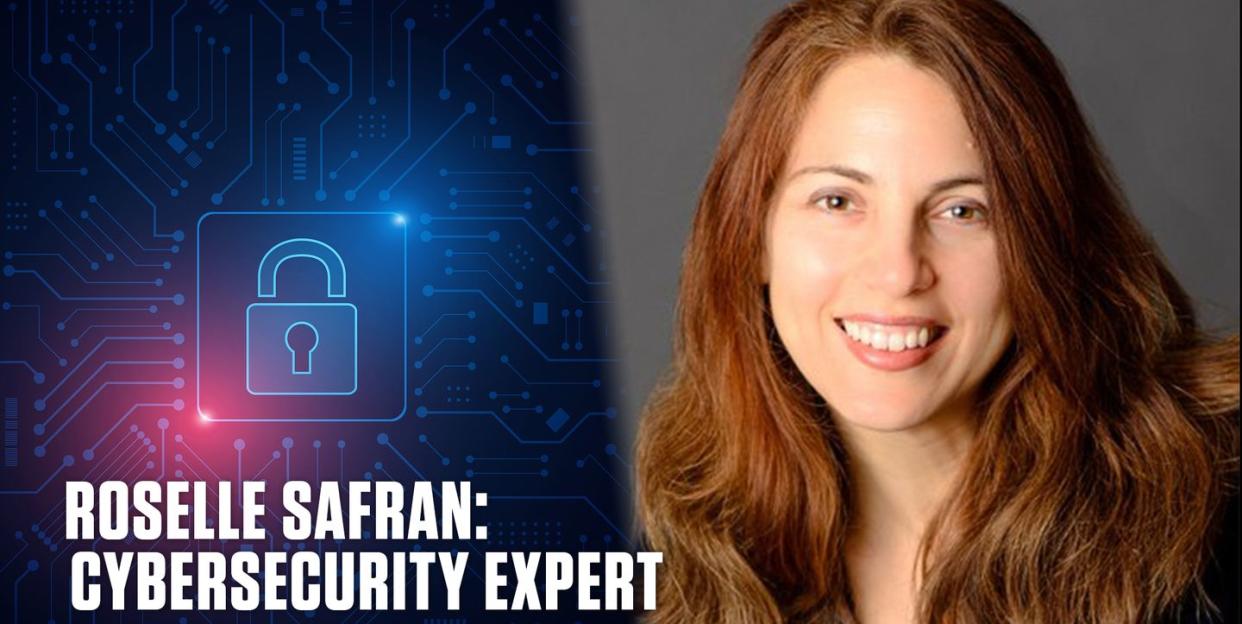Why Cybersecurity Pros Never Sleep, According to the Former Head of White House Cybersecurity

"Hearst Magazines and Yahoo may earn commission or revenue on some items through the links below."
Back in 2004, Roselle Safran didn’t know much about cybersecurity. But then again, neither did anyone else. The hottest smartphone at the time was the beautifully simple Motorola Razr, a PC would run you a whopping $2,300 after adjusting for inflation, and only about one-third of the adult population used the internet to get their political news, according to Pew Research Center.
“I saw a job posting as a computer crime investigator and I thought that it sounded fascinating,” says Safran, the former head of cybersecurity operations at the White House during the Obama Administration and CEO and founder of the Washington, D.C.-based cybersecurity startup KeyCaliber. “I was able to convince the hiring manager that I would learn on the job. And I did.”
Fast-forward to 2022, and things have certainly changed. We’re still reckoning with the effects of a concerted Russian campaign to meddle in the 2016 U.S. Presidential election via social media, our smartphone chargers are hundreds of times faster than Apollo 11’s onboard computer, and the median salary for information security analysts in the U.S. is $102,600, according to data from the U.S. Bureau of Labor Statistics.
All are reasons why we need more seasoned cybersecurity professionals in the workforce. Safran admits that she wasn’t familiar with computer forensics—a branch of forensics concerned with digital evidence—before jumping in the deep end. But that didn’t stop her from climbing the ranks in the field; the challenge is what ignited her passion.
“It was an immensely stressful job, as you can probably imagine. The operations were 24/7, so every night I was either on the phone with the team [or] checking my email on a Blackberry at the time,” Safran says. “The attackers are not going to sleep.”
That doesn’t mean working in cybersecurity at a health care company or at a bank is any less strenuous, or any less interesting, Safran says. “I don’t envy anyone who is leading cybersecurity anywhere these days, because no matter how big the organization is, you still don’t have enough resources. ”
Want to learn more about Safran’s career in cybersecurity, her take on hacking in the ongoing Russo-Ukrainian War, and more? Stay tuned for future videos in this series.
You Might Also Like

